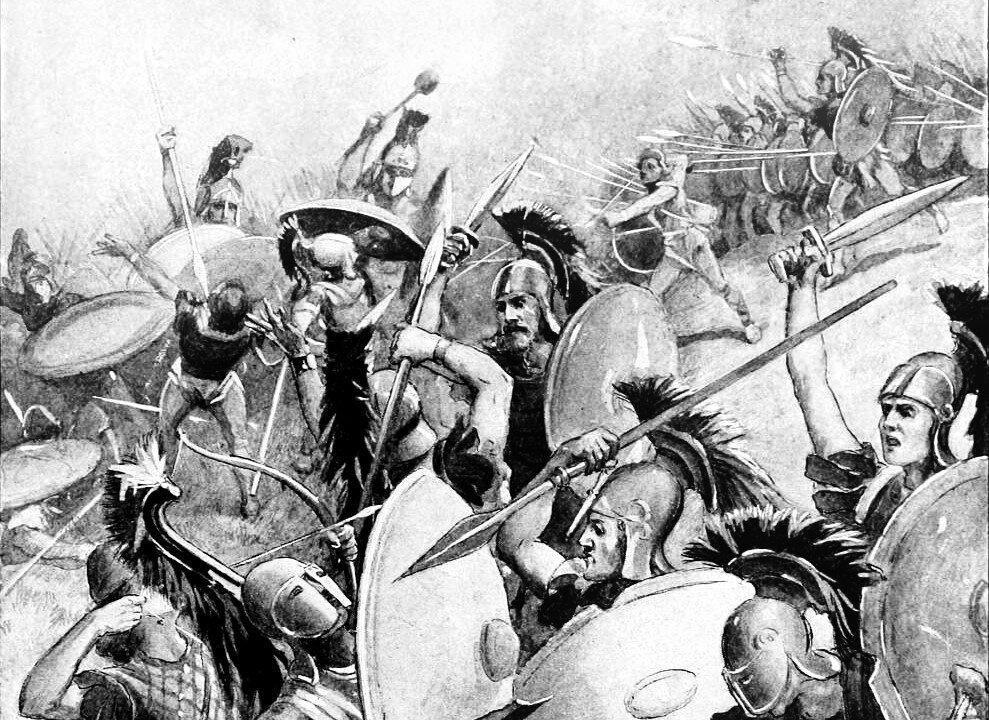If the prologue was any indication, Paul Rahe’s latest work discussing ancient Greece during the Peloponnesian War era was going to be dense, informative, and worthy of a slow and contemplative read. In fact, I recommend readers consider turning the prologue into a pamphlet, the information on fifth-century Greece is so wealthy and vast for its approximately 50 pages.
Mr. Rahe, a fellow in classics at Stanford University’s Hoover Institution, professor of history at Hillsdale College, and a leading expert on ancient Greece, has drawn on a rarely discussed and possibly even more rarely examined war during the Peloponnesian War era. The definition of the term “war” in this instance can be scrutinized easily. It could be considered an Athenian expedition, a Sicilian defensive response, or, as Mr. Rahe notes it, a Spartan war by proxy. His book, “Sparta’s Sicilian Proxy War: The Grand Strategy of Classical Sparta 418-413 B.C.,” has very little to do with Sparta in the narrative leading up to and during the battle scenes, yet the resulting beneficial windfall was almost all Sparta’s.






